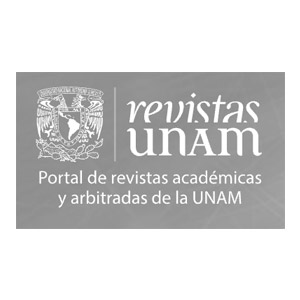How Effective Are Hybrid Anti-Corruption Agencies in Tackling Political Corruption? The Case of the Commission against Impunity in Guatemala
Literature on political corruption agrees that in contexts with widespread corruption, curbing it through institutions is insufficient. That is, formal rules like laws and anti-corruption agencies are not always obeyed or enforced because individuals regard corruption as the expected behavior. Therefore, some legal mechanisms remain unenforced. In addition, the conventional perspective suggests that fighting corruption is a problem of collective action and lack of civil society engagement. Nonetheless, scholars have ignored the role of international hybrid agencies in tackling this situation. In this article, I will propose elements to fill this gap and demonstrate that the Commission Against Impunity has proven to be an effective means of fighting political corruption and impunity in Guatemala. Similarly, the Commission’s legacy challenges theoretical mainstream anti-corruption theories. Using case study methodology and pursuing a documentary review, I argue that the Commission was competent in tackling impunity, overcoming the collective action dilemma, and encouraging social participation. These outcomes were possible due to the Commission’s institutional design and, to a lesser extent, cooperation between local and international actors.





























